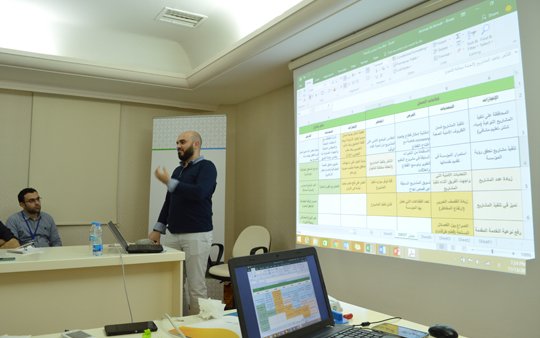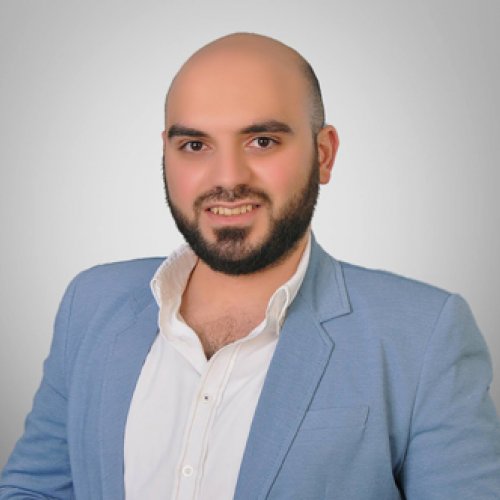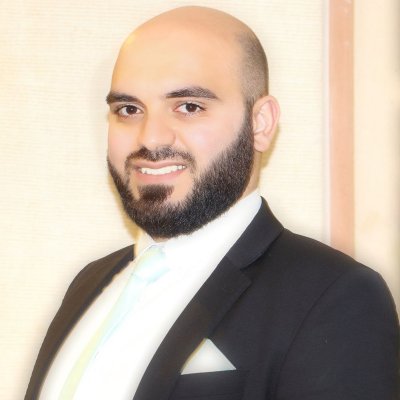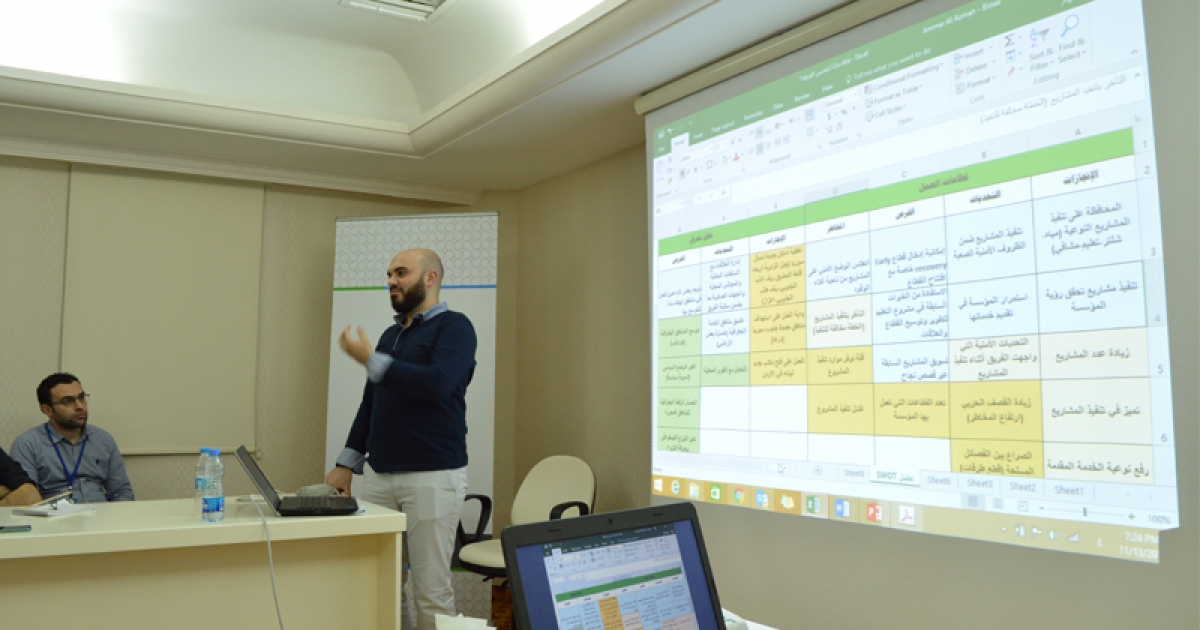“Start With What You Have to Achieve What You Aspire”
Ammar is from Damascus, Syria. His ambition is to add a brick to the tower of technology and sustainable development, to make a difference instead of being a number stepping aside and leaving the future to be built by others and not sharing this building with them. His future plans are to carry on his work in a technology, sustainable development and public policy works, where one can stay in touch with key challenges facing the world. Ammar Alazmah's mentor is Mir Kazim Ali.
Q: Tell us a few things about your country, and also your life's story!
A: My name is Ammar, 28 years old, and currently based in Turkey. I have a bachelor’s degree in electronics and telecommunication engineering from Damascus University/Syria. Syria is one of the developing countries which is situated in The Middle East and faced a crisis considered the biggest humanitarian and refugee crisis of our time due to violent reactions to peaceful protests throughout the country descended Syria into chaos in early 2011.
However, Syria has a very majestic history and one of the most ancient civilizations in the world. I have worked in GSM field as planning and optimization engineer. After the Syria crisis, I have moved to Jordan and worked as contact centre engineer for around six months then I moved to Turkey because of the situation in the area.
In Turkey, since the second half of 2012, I have stopped working in telecom field and moved to humanitarian and development field to respond to the crisis in my country. I have started working on a national programme for supporting local councils in the conflict-affected communities through capacity building programmes. In 2013, with engineers’ colleagues co-founded a development and humanitarian organisation, BINAA. We work in infrastructure rehabilitation and productive projects such as food processing and agriculture projects. I am working now as monitoring and evaluation manager for BINAA. During the last 3 years, I have built a good experience in project planning, management, monitoring and evaluation. I also built an academic background to support my work in response to the Syria crisis by some online courses through Coursera and other MOOC platforms (I followed these courses: The age of sustainable development, Colombia University; International organisation management, University of Geneva; The Changing Global Order, Leiden University and some courses in project management and monitoring and evaluation). In 2014, I followed a one-year political sciences diploma programme in ROSHD University affiliated to Asia e-University (AeU) and started MSc in telecommunications in University of Gaziantep/Turkey. I am in my halfway toward the master degree in telecommunications.
My future plans are to carry on my work in a technology, sustainable development and public policy works.
Q: What is your view of the world as it is today? And how do you define the concept of a better world?
A: A better world is a vibrant world where people live in equitable, fair and safe environment led by inspired people who aim to empower others to achieve their self-actualisation.
Q: As a young individual what are a few of the hurdles that you had to overcome up until today?
A: The chaos in my country made me face many unstable situations. One of the most affecting hurdles was leaving my county and family in very unstable conditions and restarting building my life from scratch.
Q: Why is the role of a mentor important for you?
A: Mentors could provide the mentees with guidance, feedback, and research assistance. Mentor could play a very important role in mentee’s professional development and widen their relationship.
Q: Do you have a lesson that life has taught you and you would like to share?
A: To invest my current potentials and possibilities and not wait for my skills to be more developed, to start with what you have in your hands to achieve what you aspire and dream.

Q: Name a project, a foundation or a person in your country that you think is doing great work in helping improve other people's lives!
A: BINAA: Organisation for Development binaadev.org
Q: Share with us a phrase, a poem or a story that you love or you find interesting!
A: “What we call happiness is sometimes the accordance between our life and circumstances, our biography and history, and our personal aspirations and historical currents. If I look at things that way, I can say: I was born too early to be happy, but birth is one of the many things we do not get to choose. It's part of our destiny.
If I were offered life again, I would refuse it. But, if I had to be born again, I would choose my life”
Alija Izetbegovic
Q: Tell us one thing that you have learned from your mentor.
A: Sustaining and developing my ambitions and how to be assertive and go after what I want.




